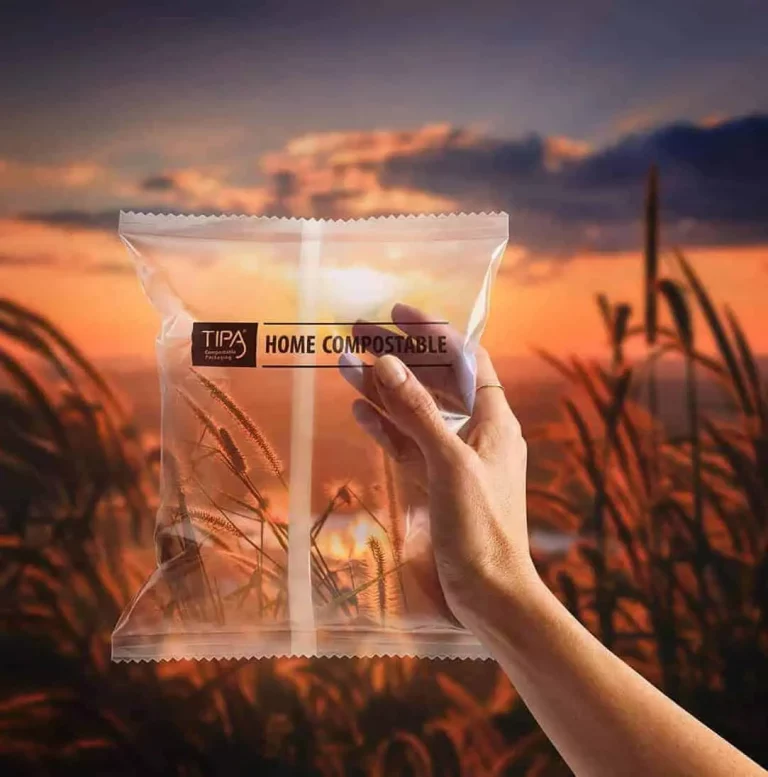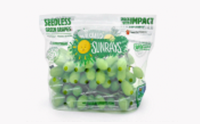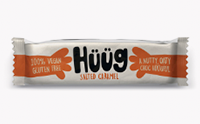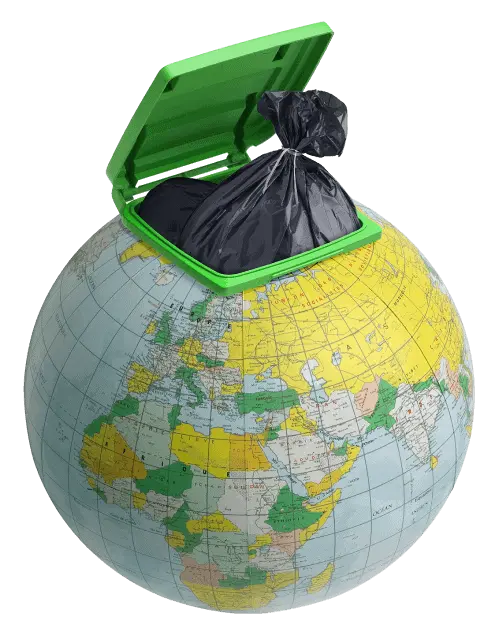What is Sustainable packaging?
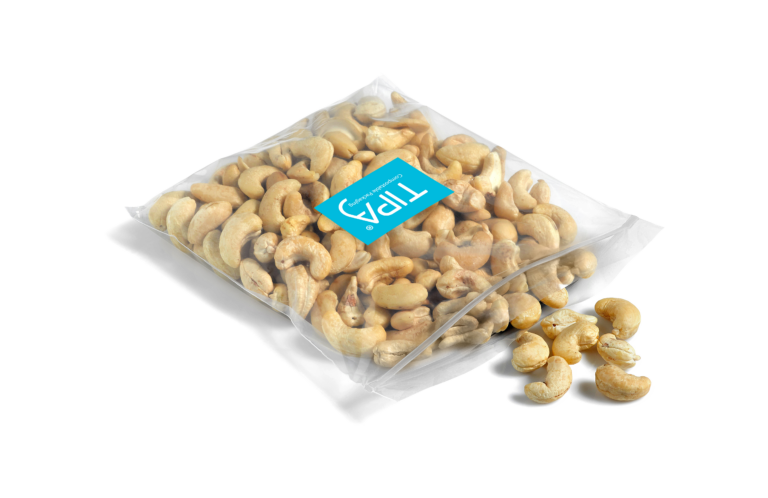
Sustainable packaging is any type of eco-friendly material used to wrap, store, ship or shelve products.
Compostable packaging is an increasingly popular form of sustainable packaging. It protects food products similarly to regular packaging, displaying the properties and resilience of traditional materials, however it breaks down fully in the ground into beneficial organic compost.
What is Sustainable
Packaging Made Of?
Sustainable packaging is made from materials like recyclable PET or HDPE plastics, cardboard, and paper, which can be reprocessed into new items. It also includes compostable materials such as PLA (starch-based) and cellulose, which biodegrade in compost, offering an eco-friendly alternative to traditional plastics. These materials are used in a variety of applications, from food containers and cutlery to flexible packaging and products in fashion and cannabis industries, combining environmental benefits with performance.
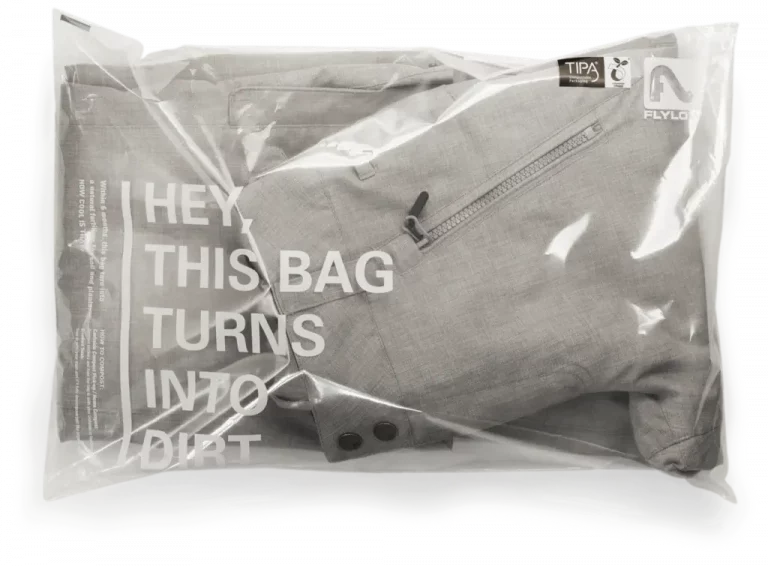
We’re sure you’re aware of the environmental toll of conventional plastic and have likely decided to switch to sustainable packaging for your business. Excellent decision! TIPA’s compostable packaging stands out as the optimal eco-friendly choice. It allows for easy composting at home or industrially, breaking down into nutrient-rich soil without leaving any harmful residues.
Why Do We Need
Sustainable Packaging?
89%
of Australian consumers are concerned about packaging waste
85%
of Americans and Britons concerned by plastic packaging waste
78%
say compostable packaging is the best solution to plastic waste
In 2018, it was estimated that just 23% of total PE films were sent for recycling.
The vast majority of food packaging is destined to become garbage.
In 2023, the volume of flexible packaging used worldwide reached 29.88 million tons.
Particularly with the massive increase in online shopping and e-commerce deliveries, the need for high-performance, low waste packaging is even more critical.
CHOOSING ECO-FRIENDLY PACKAGING IN THE FASHION INDUSTRY
In the fashion industry, there are an estimated 150 billion plastic packaging bags used every year, and most of these end up in the landfill. In a recent poll, 86% of Italian adults said they were concerned about clothing packaging waste, and 9 out of 10 said they would prefer to receive clothing deliveries in compostable bags.
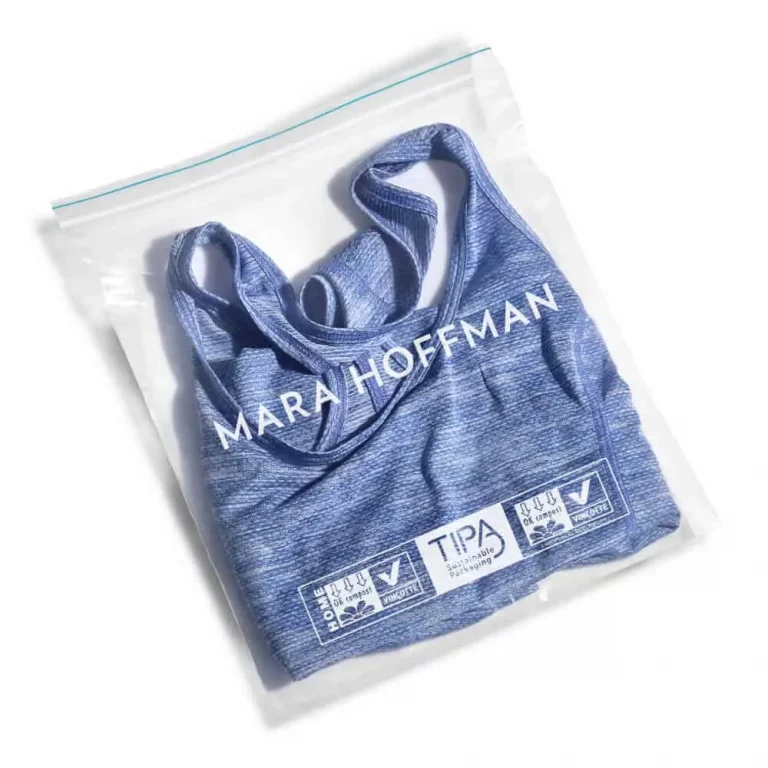
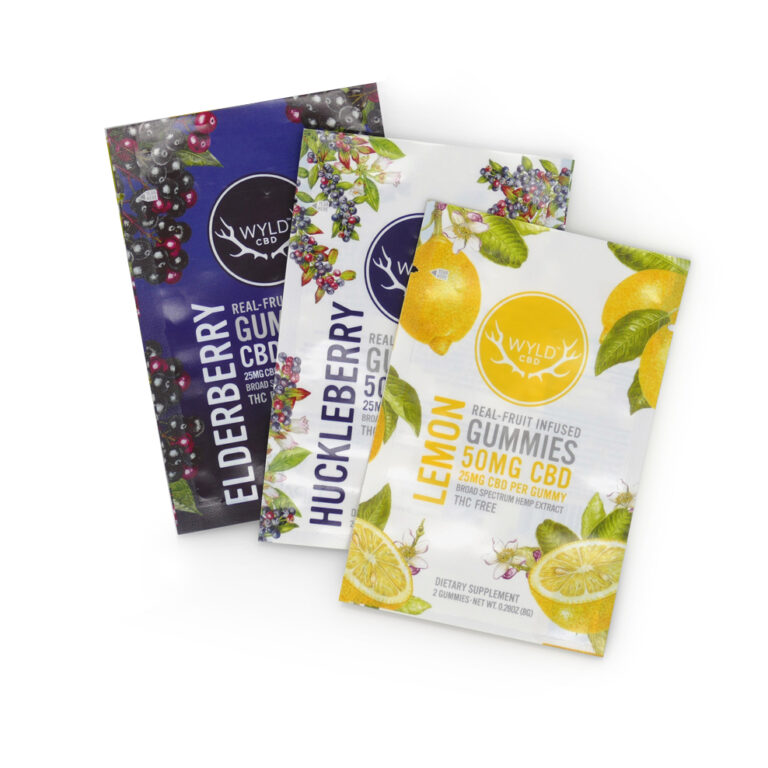
CHOOSING ECO-FRIENDLY PACKAGING IN THE CANNABIS INDUSTRY
The cannabis industry’s extensive reliance on single-use plastics, which constituted over half of all packaging sold nowadays, underscores an urgent need for a transition to more sustainable practices. Adopting eco-friendly packaging not only resonates with consumer demand for sustainability but also demonstrates the industry’s dedication to minimizing its environmental impact. However, not all sustainable packaging options are suitable; paper packaging often encounters the challenges of America’s recycling infrastructure, which has difficulty processing smaller items and multi-material packaging, frequently resulting in these alternatives being sent to landfills. Moreover, recycled paper packaging may contain ink residues that could lower the quality of cannabis.
CHOOSING ECO-FRIENDLY PACKAGING IN THE FOOD INDUSTRY
Opting for eco-friendly packaging in the food industry is crucial, given that out of the 141 million tonnes of annual plastic waste, 40% comes from food packaging. Sustainable packaging not only addresses this significant source of pollution but also extends the shelf life of perishables and meets consumer expectations for environmental responsibility. By reducing reliance on conventional plastics, businesses can lessen their carbon footprint, minimize waste in landfills, and contribute to a healthier planet. Using compostable packaging for your food product paves the way for a circular economy, where materials are kept in use for as long as possible, extracting the maximum value while in use, but at the end of their use, when placed in a composter, turn into nutrient-rich soil.
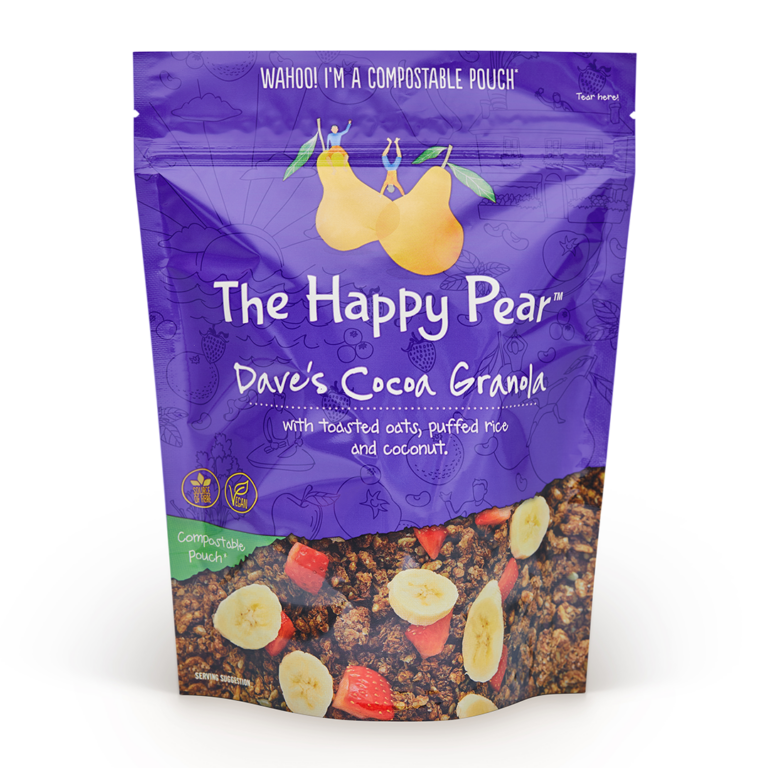
Can Sustainable Packaging
Help Reduce Food Waste?
Every year, 103 million tons of food is thrown away in the United States.
That’s 30 to 40% of the nation’s total food supply.
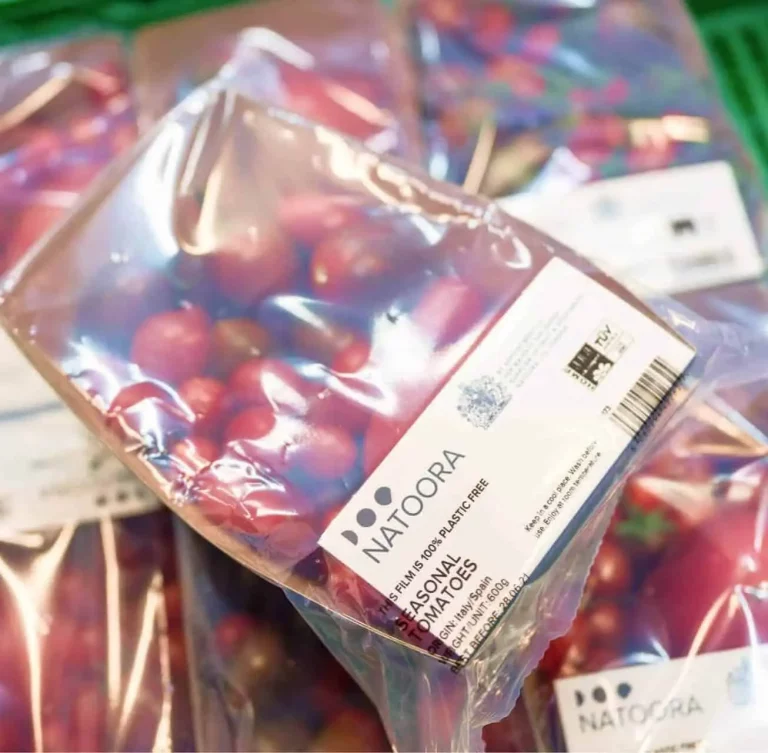
So how do brands replace their regular packaging with sustainable packaging? For some products, it’s an easy switch. But for others – especially in the food industry – packaging isn’t just an eco-problem. There are complex processes and logistics to contend with. Packaging is the ‘vehicle’ than enables companies to transport, shelve, and store food products in a way that’s durable, lightweight and food safe. While sustainable packaging is necessary for the planet, it also must be viable for businesses, and this is the ultimate challenge.
This enormous waste heads straight for the landfill; not just the food itself, but also the energy and materials that went into producing, storing, transporting and shelving those products. All the plastics, foils, wrappers and containers. The bags, boxes, lids and seals. Much of this waste is food-contaminated and therefore not recyclable. It is simply dumped layer upon layer in a landfill where it languishes forever, causing untold harm to the environment.
If we want to reduce this dangerous waste, heal our planet, and practice smarter business, the shift to sustainable packaging is a great place to start. Until now, single-use packaging has offered excellent protection for food products, but it’s end-of-life as trash is less than ideal. To continue protecting food items and keep food waste low, companies are pioneering innovative compostable materials that can safely pack food – without any harmful environmental consequences upon disposal.
The global agenda for
sustainable packaging
As eco-friendly technologies become more sophisticated and affordable,
new solutions are bringing us closer to a zero-waste world.
Governments worldwide are taking steps to encourage the use of green packaging. Countries such as Ireland, Italy and Japan are incentivizing businesses with tax exemptions for compostable packaging. In the UK, packaging containing less than 30% recycled materials will be subject to higher taxation.
Also in the UK, EPR (Extended Producer Responsibility) schemes will hold manufacturers and retailers accountable for the end-of-life of their packaging, together with taxes on plastics that are hard-to-recycle, and exemptions for the use of sustainable packaging.
These measures and more are all part of a global agenda to encourage a move to sustainable packaging that is healthier for the planet.
Circling back to a healthier planet
Sustainable packaging is an integral part of the ‘circular economy’. Eco-friendly packaging uses raw materials and then restores them to their origins, minimizing waste of precious resources – like water and energy – necessary for their production. This is the only way to continue to support healthy globalization and maintain the wellbeing and integrity of our planet.
Change is coming from the top down – and the bottom up. Global leaders are pushing the move to sustainable packaging, but it’s the citizens and consumers who are the true champions; it is their hope for a cleaner world and commitment to zero waste that is driving businesses towards green packaging.
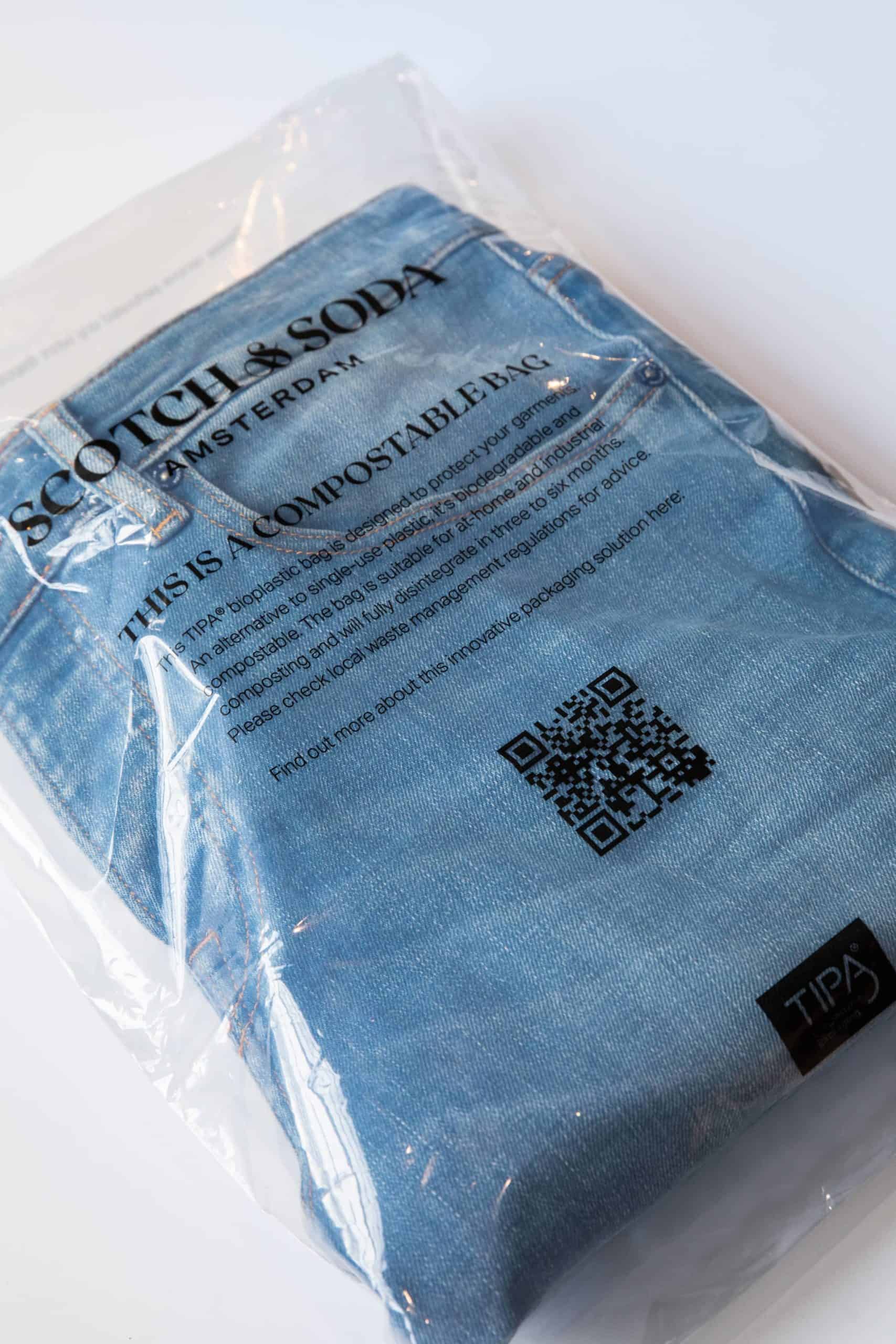
the big debate:
compostable vs recyclable
Despite this, in many parts of the world, recycling of plastic bottles, containers, paper, and other materials is offered as a municipal service and part of the general lifestyle. But just because it’s a more established technology, doesn’t mean it works for every material, and it’s not working for plastic.
Compostable packaging—like the kind replacing hard-to-recycle plastics—might be new technology, but it’s actually modeled after the oldest form of recycling – and it offers a key advantage over recyclable packaging. Here’s how.
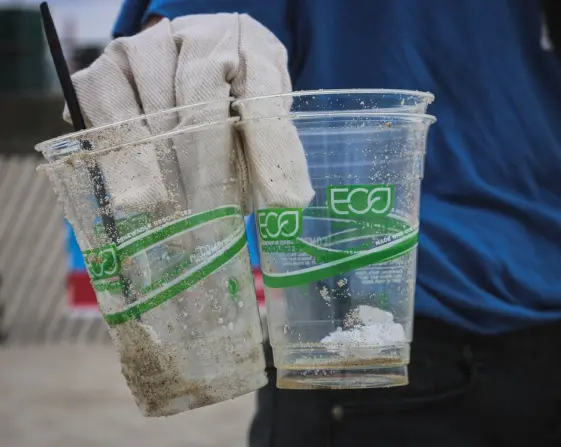
Recycling is a time, labor and energy intensive process
and still has a major impact on the environment. It requires collecting the recyclable material and manufacturing it into new pellets that will be downcycled into lower-quality plastic. Consider the infrastructure necessary to the recycling industry, from trucks and machinery, to factories, fuel, and electricity. Recycled plastic cannot be used for packaging with food-contact, and often needs to be mixed with virgin plastics to be usable.
When people think of how to help the environment, recycling is one of the first ideas that comes to mind. And for many materials – glass, paper, metal – recycling is a solution that offers a high-quality end-product that can be used to generate new products over and over.
Plastics however, especially plastic packaging, if recycled, are actually downcycled into lower-q uality plastics before they’re no longer useful and get sent to landfill or incineration.
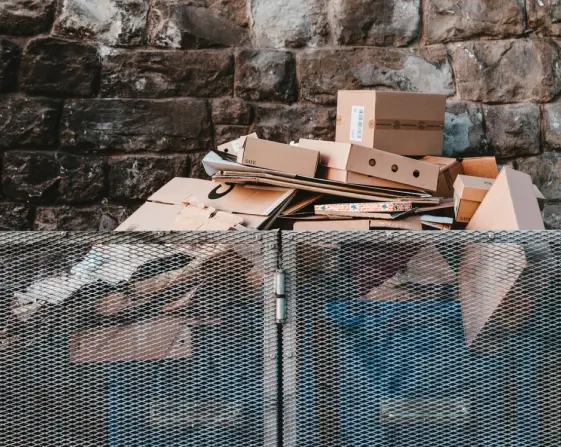
Compostable packaging demands no such process or resources.
The packaging material is organic with a built-in end-of-life and will degrade in regular compost bins. Like all compost, it will transform into a naturally nutrient-rich soil, with net benefits for our planet. It’s added-bonus is that it also acts as a vehicle to capture food and organic waste.
There are many ways to support sustainability, and recycling is an integral one. However, when it comes to food packaging, the benefits of compostable vs recyclable are clear.
What are the Benefits of Using Eco-Friendly Packaging for my Business?

COMPOSTABLE PACKAGING IS WHAT CONSUMERS WANT
Now, more than ever, consumers are deeply aware of the environmental impact of plastic packaging, and their demand for change is growing.
A poll conducted in the United States and the United Kingdom revealed that 84% of participants prioritize alternative packaging due to concerns about plastic waste. Among these sustainability-conscious consumers, 58% in the United States and 84% in the United Kingdom, who are aware of compostable packaging, expressed a preference for it over conventional or recyclable plastic packaging. A significant majority of those polled—73% in the US and 72% in the UK—who favor compostable packaging, are decidedly more willing to pay a 5% premium for alternative food packaging solutions.

BE PART OF THE SOLUTION, NOT THE PROBLEM
By choosing compostable packaging for your products, your business can contribute to a cleaner, greener world, reducing the amount of harmful waste in municipal garbage dumps and minimizing the amount of microplastics that leach into our soil, seas – and bodies.
Compostable packaging restores nutrients to the soil, including carbon, which helps boost soil health and supports further food production.
By increasing the amount of carbon stored in the soil by just 0.4% each year, the rising concentration of carbon dioxide in the atmosphere can be prevented.

GET AHEAD OF THE FUTURE
Governments around the globe are actively promoting eco-friendly business practices, implementing a range of incentives to encourage the adoption of new packaging choices aimed at achieving zero waste. Sustainable packaging is rapidly becoming the future standard for the food, fashion, and cannabis industries, among others, suggesting that companies would be wise to begin laying the groundwork for a transition to green packaging solutions today. This movement not only aligns with global environmental goals but also caters to the growing consumer demand for sustainability, making it an essential strategy for businesses aiming to remain competitive and responsible in the modern marketplace.
Sustainable Packaging Examples
TIPA is a world leader in compostable flexible packaging, ideally suited for a wide range of food products and applications.
Films and laminates developed by TIPA are certified as compostable in homes or industrial settings, breaking down within 180 days to water, CO2 and biomass. TIPA’s products act just like plastic packaging yet biodegrade fully just like any other organic matter.
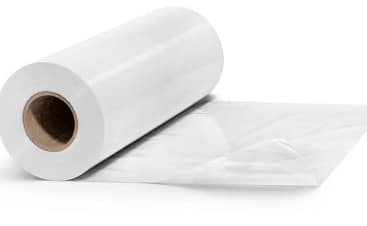
reels
TIPA films and laminates offer excellent sealing properties, oxygen and moisture barriers, strength, and printability.
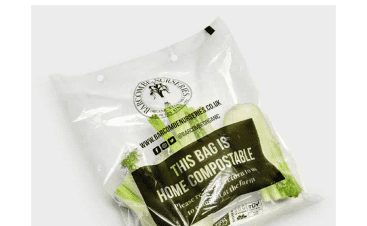
Pre-made packaging
TIPA films and laminates offer excellent sealing properties, oxygen and moisture barriers, strength, and printability.
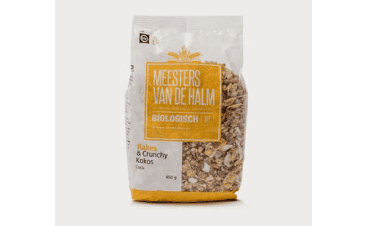
Flow-wrapped packaging and Lidding
TIPA films and laminates offer excellent sealing properties, oxygen and moisture barriers, strength, and printability.
Move Your Business to Eco-Friendly Packaging with TIPA
For packaging converters, distributors, brands and retailers, TIPA’s flexible, high-performance, compostable packaging can be integrated into existing systems and operations, supporting a sustainable packaging solution without any disruption to your food, fashion or cannabis business. Sustainable packaging and a zero-waste approach are no longer a dream – TIPA can create the right solution for your business. This enables swift adoption of highly effective, organic, compostable packaging, helping to make our world greener and healthier.
